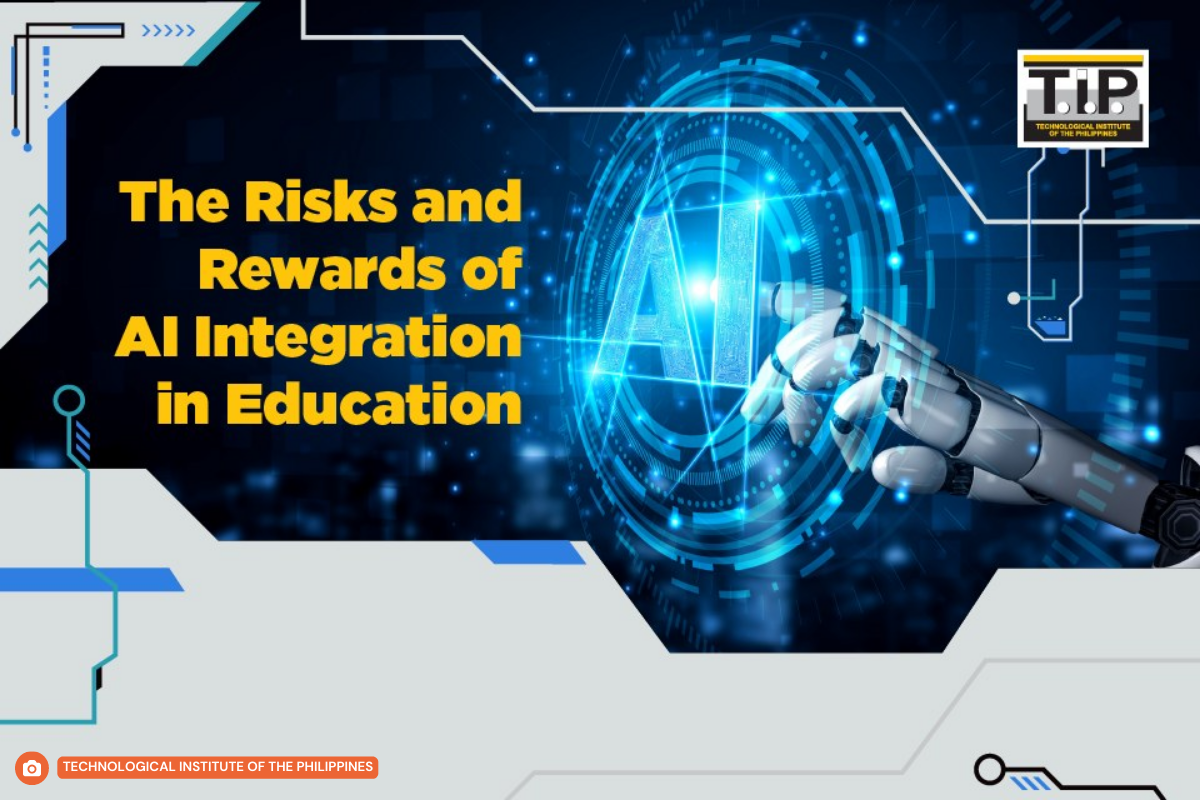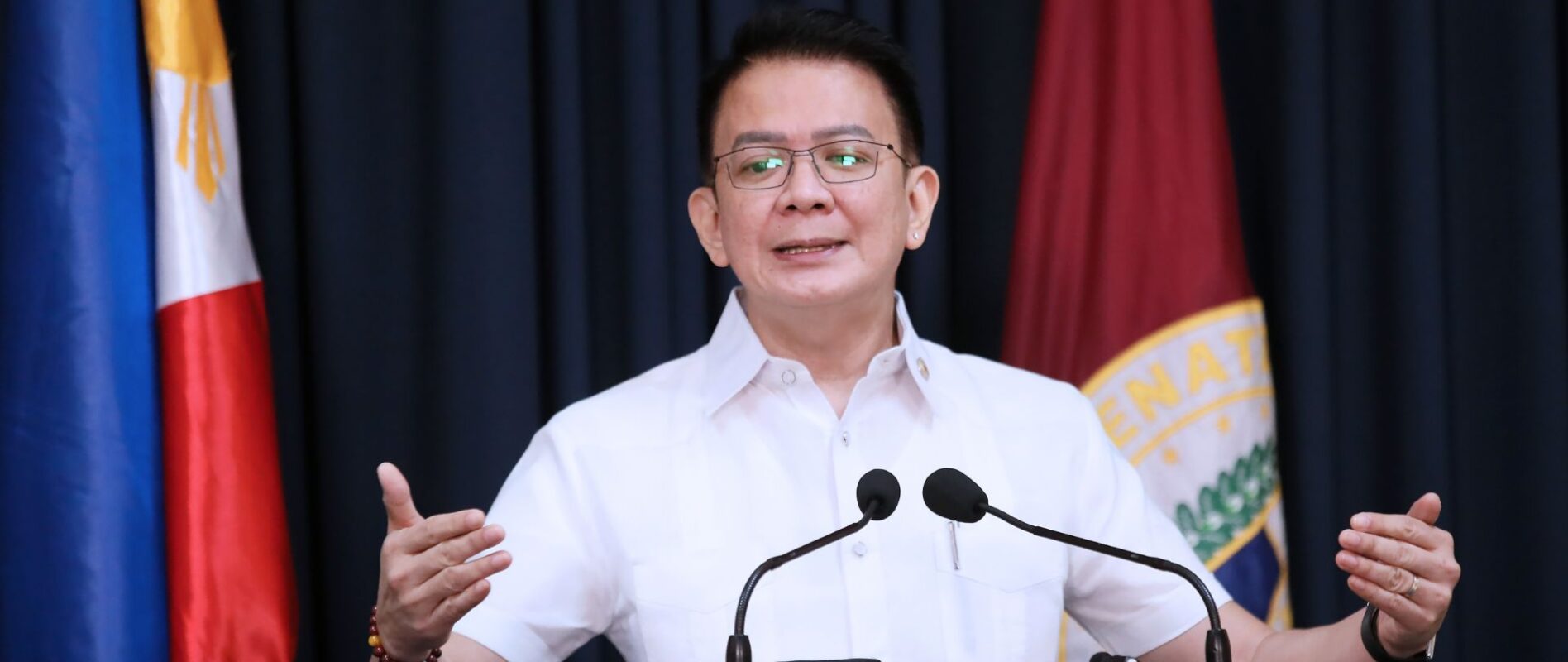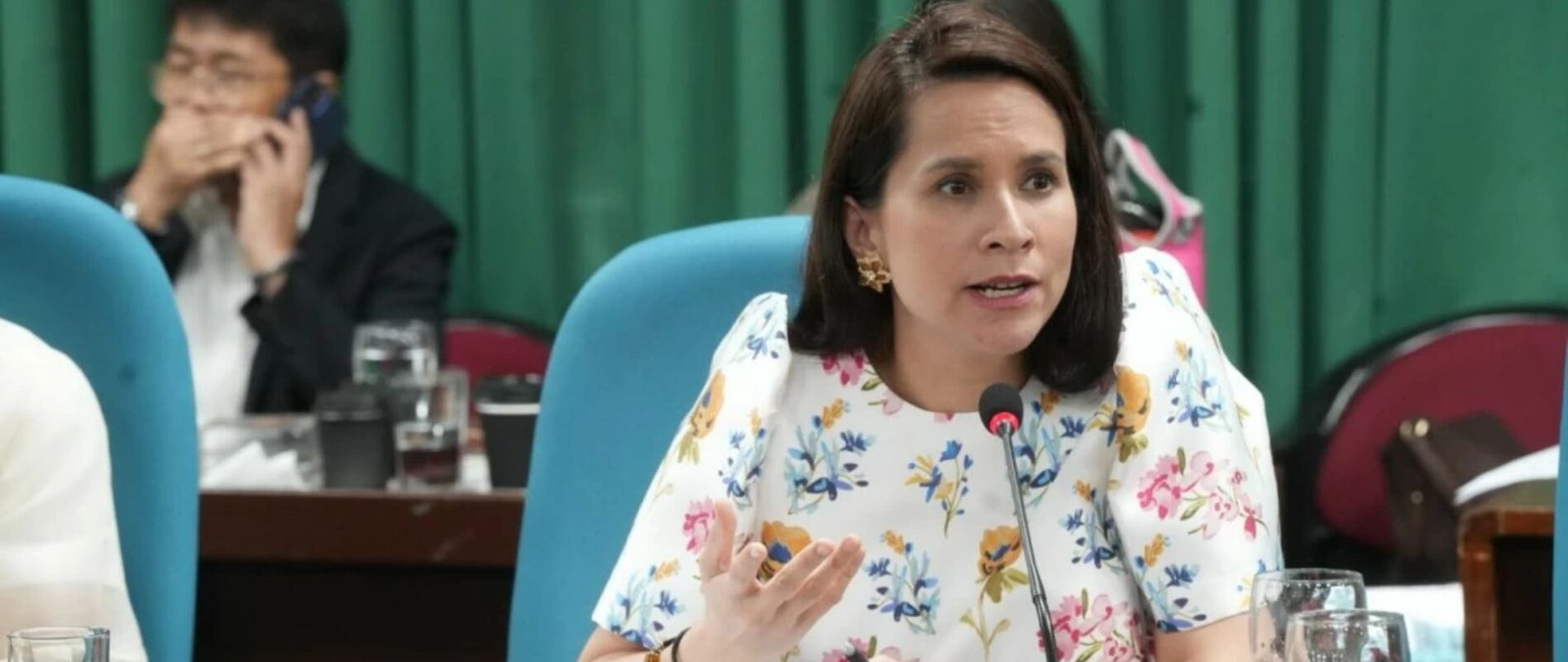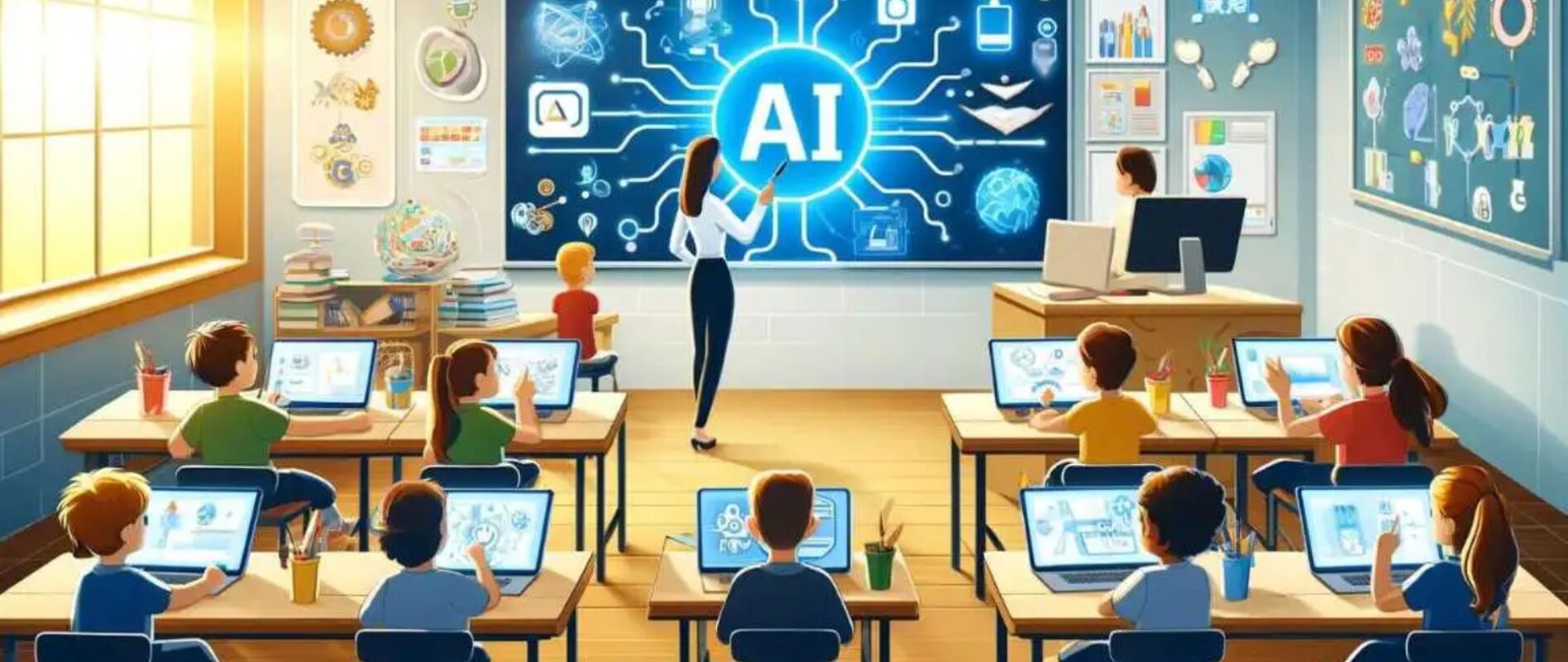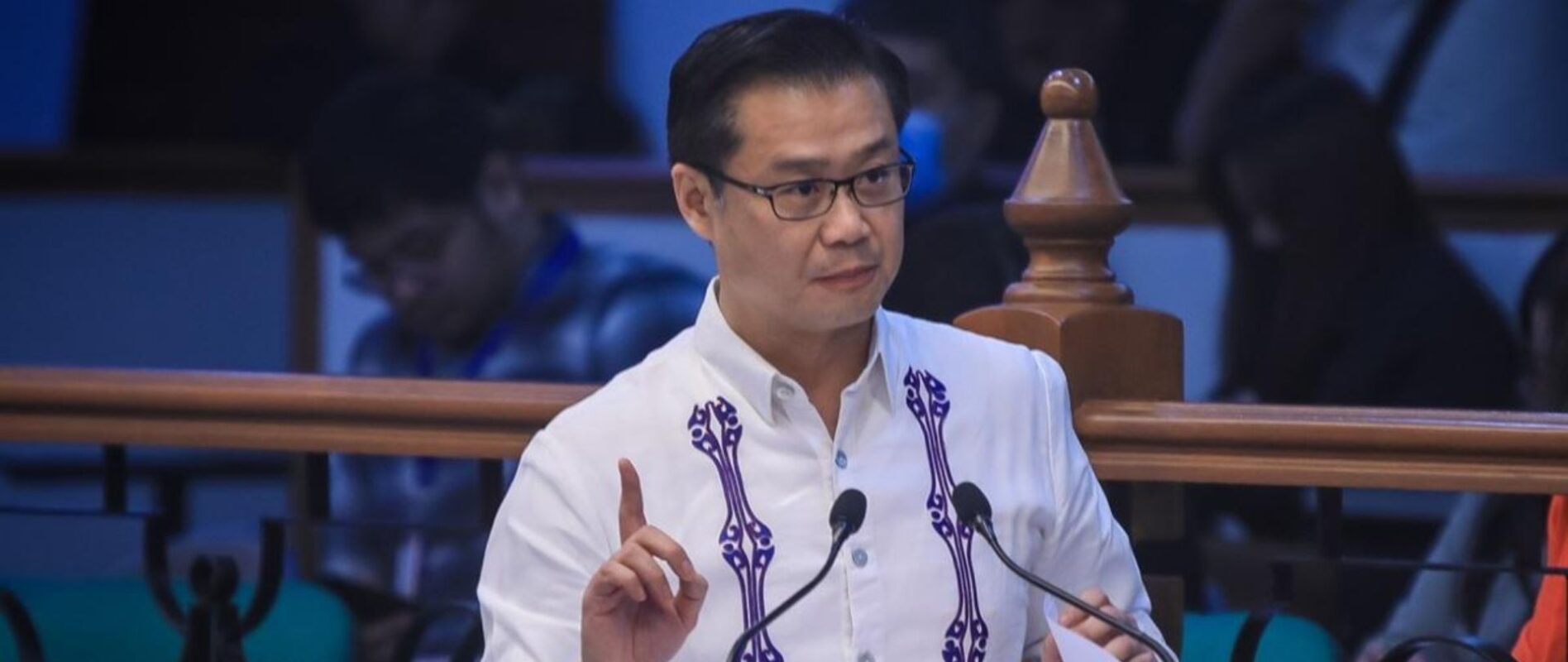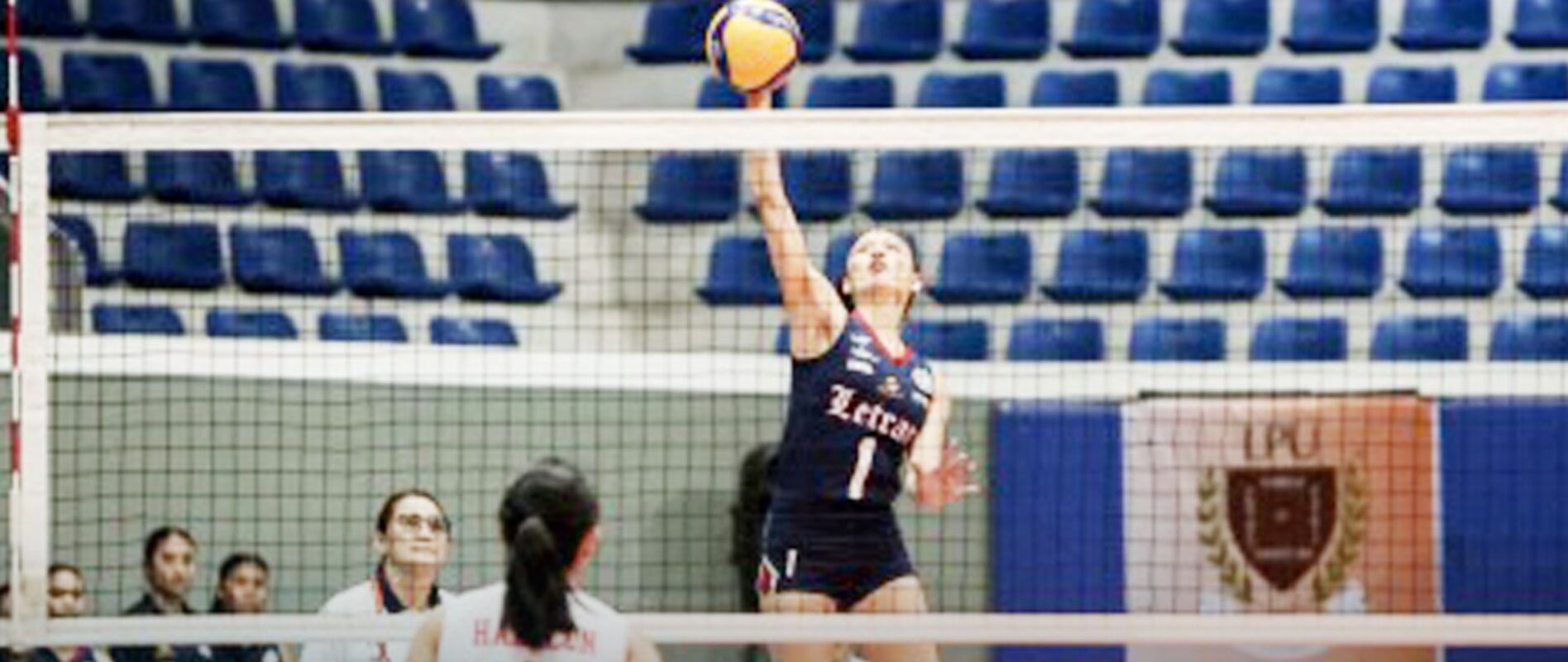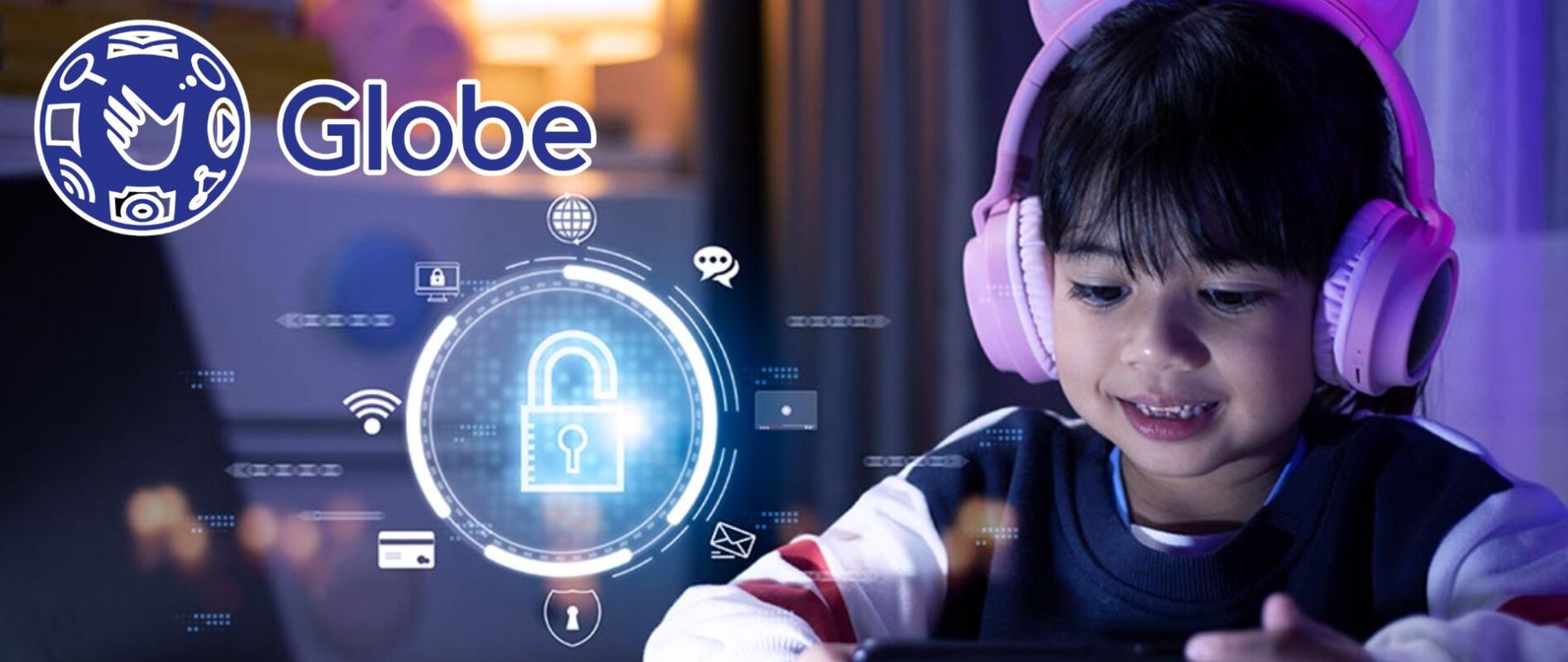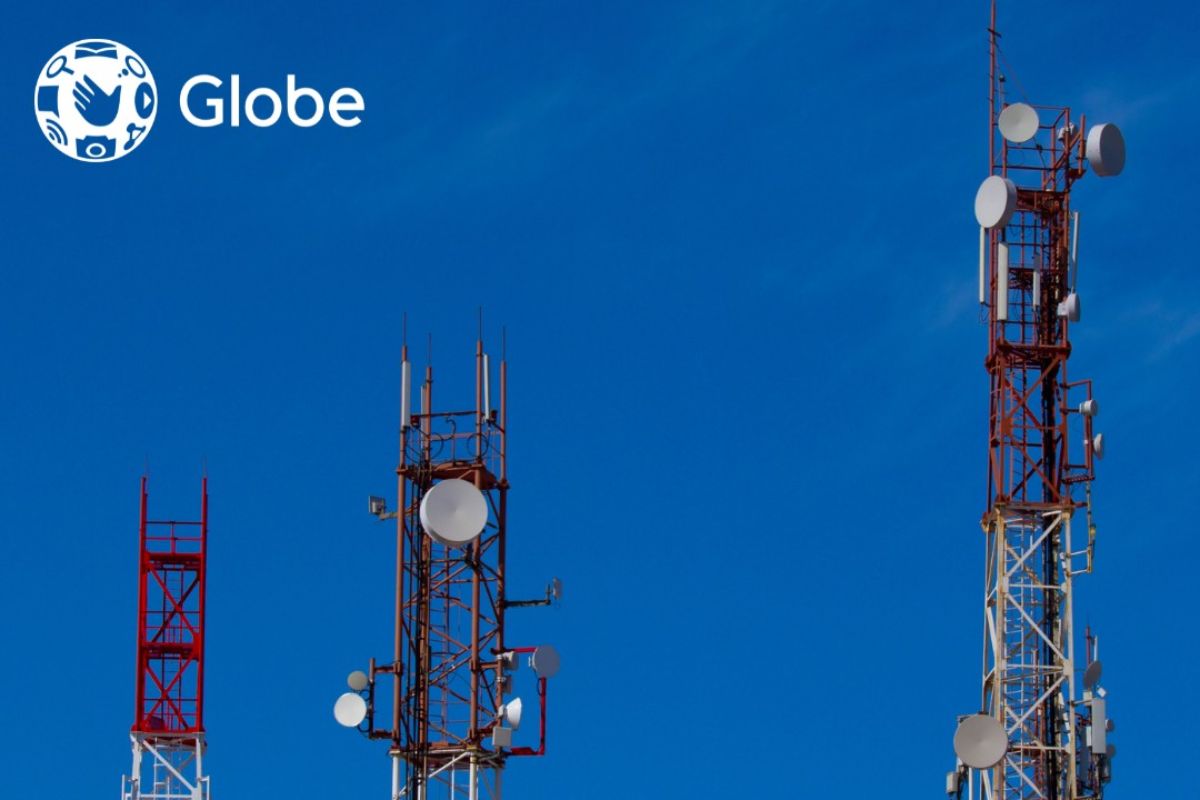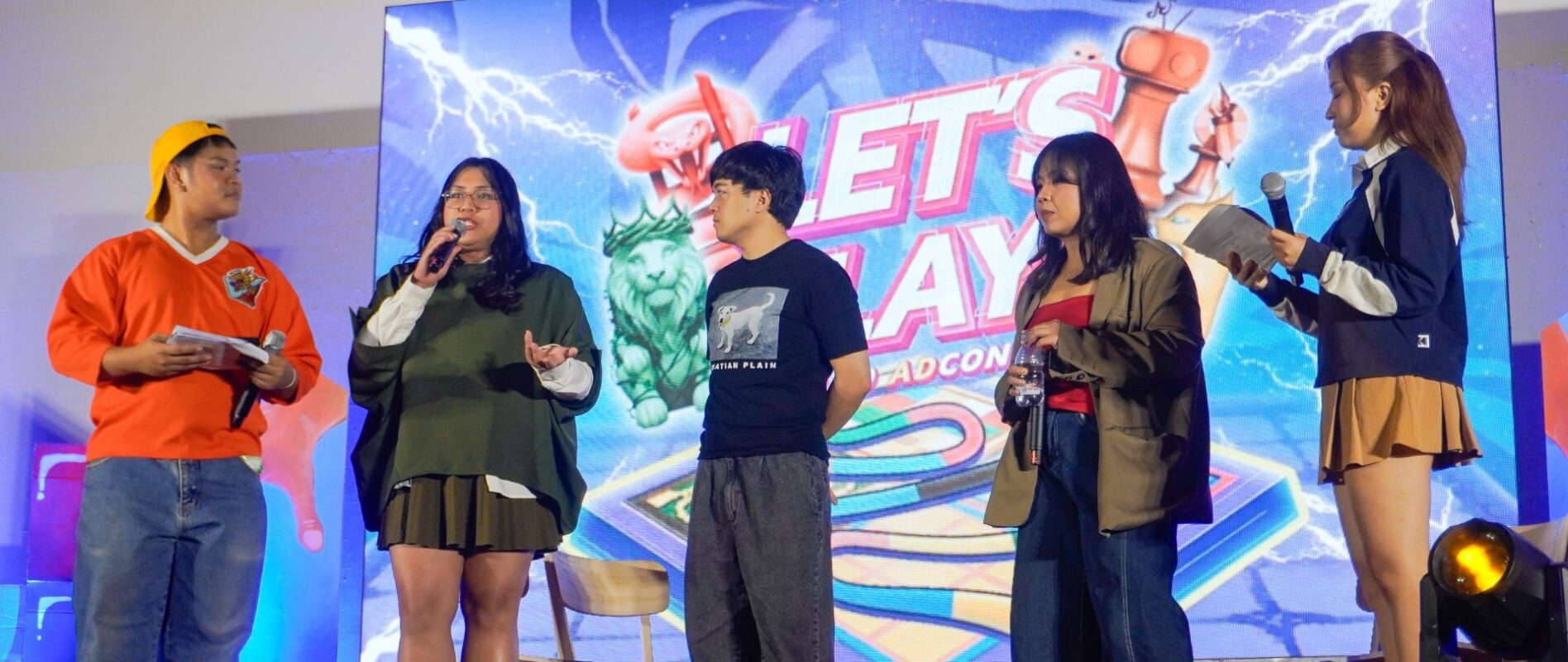THE RISKS AND REWARDS OF AI INTEGRATION IN EDUCATION
STUDENTS should not be deprived of using artificial intelligence to enhance their learning experiences, but faculty members must establish clear boundaries anchored on ethical considerations when integrating it into delivering quality education.
This was the position of Dr. Elmer-Rico Mojica, associate professor of the Pace University in New York, during his talk on the risks and benefits of generative AI tools in teaching and research hosted by the Technological Institute of the Philippines on July 27, 2023.
The webinar entitled “Artificial Intelligence in Teaching and Research: Boon or Bane?” was part of the partnership between T.I.P. and the Philippine-American Academy of Science and Engineering.
The longtime chemistry professor of the University of the Philippines-Los Baños shared some strategies on working with this technology based on his experience using software applications such as ChatGPT and Google Bard in his own teaching and research practices.
Recognizing the inevitable impact of AI on education, Mojica advised school executives and academicians to lay down the ground rules when incorporating these large language model chatbots in generating outputs for teachers and learners.
“Since this is a discipline-based decision at the department level, teachers should tell their students what is acceptable or not, and the students should know it. That’s why we encourage them (educators) to put it (terms and conditions of AI use) in the syllabus,” he said.
Mojica also emphasized the importance of promoting academic integrity among students from the start, so they can become responsible users of technology and be well informed about the consequences of its misuse.
Citing his personal experience and recent research, he said the penchant for using AI tools may stem from the initiative of students to learn more and produce better outputs rather than to cheat, as most teachers fear.
Nevertheless, Mojica acknowledged the necessity of putting guardrails against the risks attached to ChatGPT and other generative AI applications, considering their limited sources of information. This is where expertise on the subject matter becomes indispensable for educators.
When teachers recognize ambiguities or questionable information in student submissions, then the students may be asked to conduct additional research using traditional sources of information like books and journals, he said.
Although his experience in using chatbots to generate ideas and other prompts for writing and research has been positive, Mojica is aware that AI can sometimes “hallucinate and give you answers that don’t exist.”
Critical thinking, therefore, remains crucial when accessing such tools.
The lecturer, meanwhile, backed the use of AI-powered resources to ease the workload of teachers particularly when it comes to grading students’ outputs or automating curriculum design. This saves them time while keeping them abreast of useful technologies.

